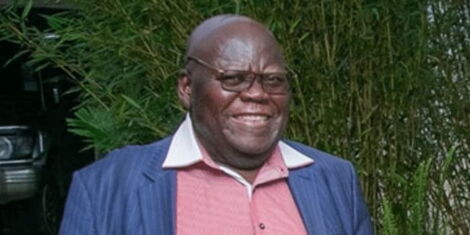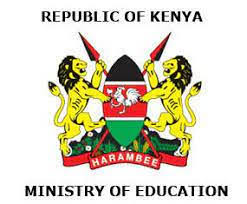Former education minister and Alego Usonga Member of Parliament (MP) Oloo Aringo has passed away, marking the end of a distinguished career in Kenyan politics. The news of his death was shared by current Alego Usonga MP Sam Atandi, who announced that Aringo passed on Friday, November 1, 2024, while receiving treatment at Aga Khan Hospital in Nairobi.
“I break the sad news of the sudden demise of Oloo Aringo, former Cabinet Minister and MP Alego Usonga. Aringo passed on this evening at Aga Khan Hospital in Nairobi,” Atandi posted on social media.
Aringo, known as one of the country’s influential political figures, represented Alego Usonga across two distinct periods—from 1974 to 1988 and later from 1997 to 2002. His contributions, particularly in education and institutional development, left a lasting impact on Kenya’s political landscape.

As Minister for Education under President Daniel arap Moi, Aringo was instrumental in implementing the 8-4-4 education system, a significant restructuring of Kenya’s educational framework that shaped learning for decades.
Beyond his contributions to basic education, Aringo played a pivotal role in higher education reforms. He championed bills in Parliament that led to the transformation of Moi, Maseno, and Egerton universities into public institutions, providing access to higher education for more Kenyans.
He also initiated a government policy to establish institutes of technology across Kenya’s eight provinces, focusing on regional growth and technical skills development through local fundraising and community support.
Following his passing, Eliud Owalo, Deputy Chief of Staff in the Executive Office of the President, remembered Aringo as “an eloquent and intelligent Cabinet Minister; an avid debater during his time as MP; and a pioneer of Kenya’s Parliamentary Service Commission (PSC).” Owalo expressed his shock and sadness at the news, highlighting Aringo’s contributions as both a minister and legislator.
Aringo’s legacy endures through the educational and legislative advancements he championed, establishing him as a respected leader in Alego Usonga and across Kenya.
His commitment to public service and education reform paved the way for new opportunities for future generations, making his death a significant loss for the nation.





